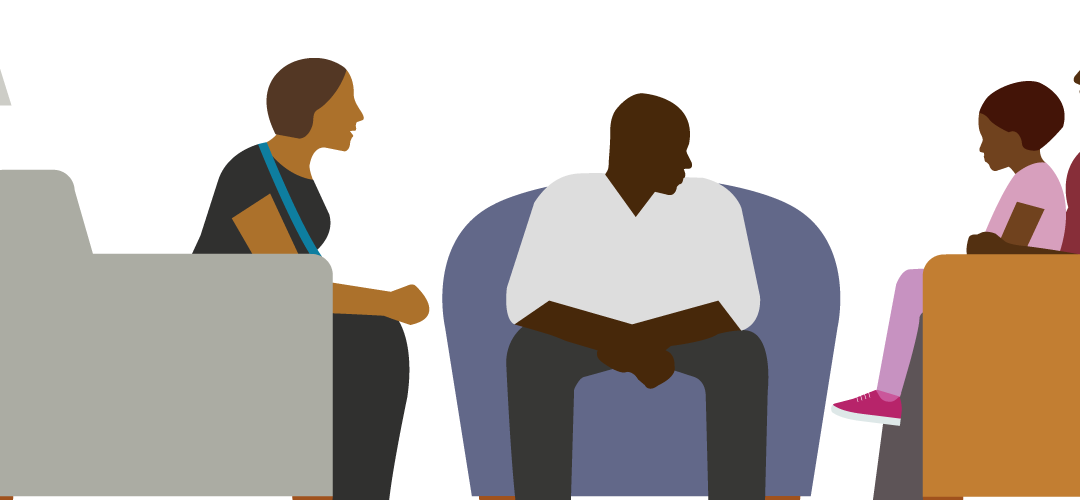Family or systemic therapy is centred on the improvement of relationships between family members and how each member interacts with each other. This can help a family to settle tension, overcome life changing events and encourage members to act collaboratively and with empathy. A family therapists should be an unbiased mediator who can give each member opportunity to contribute to discussion.
Systemic therapy is used because it looks as the family structure as a whole and not as isolated individuals. Family therapists can work with a range of issues such as divorce, bereavement, psychosexual difficulties and conflict between family members. Family therapists can work collaboratively with health professionals to target specific conditions such as ADHD, addictions and eating disorders which may be having a negative impact on family life. Therefore family therapy is useful for short and long term difficulties.
Family therapy sessions are tailored to the key individual needs of the family involved, taking into consideration their ages and individual preferences. Techniques used may include those based around systemic theory, cognitive behavioural or psychodynamic therapy. Occasionally, family therapists may wish to see parents of very young children individually or other members before treatment starts to assess the family dynamic.
It can take between several sessions for a therapist to help the family identify their strengths and weaknesses as a unit, develop communication skills and work to move forward. These will not necessarily be weekly sessions and the plan depends on the severity or specific factors of the problems at hand.

